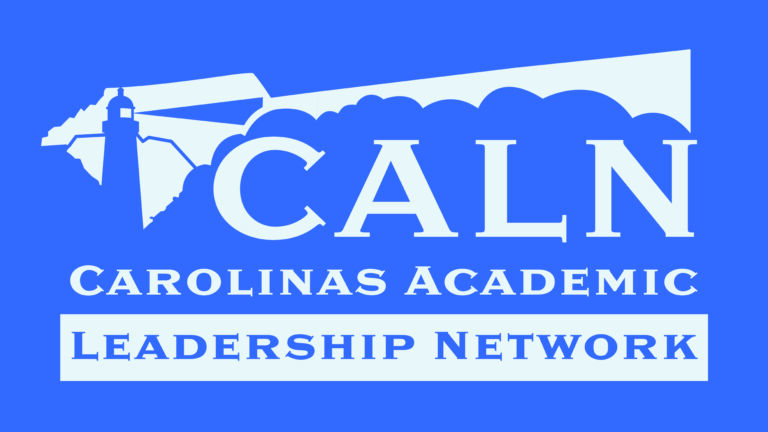Censorship! (Not.)
Late last year, Palmetto Promise Institute released a report entitled Education or Indoctrination? The purpose of the study was simple: develop a list of the national organizations from the left side of the ideological spectrum that are actively seeking to influence education in South Carolina…and then describe their particular perspectives.
For a publication that simply quoted from each organization’s own words, Education or Indoctrination? has caused quite a stir!
- It was blamed for the School District of Pickens County’s decision to remove a book from its school libraries.
- It has been fingered by the American Civil Liberties Union for State Superintendent of Education Ellen Weaver’s decision to no longer partner with the South Carolina Association of School Librarians (SCASL) on professional development efforts.
For the record, we consulted with neither Pickens County school board members nor Superintendent Weaver on either of these decisions. Weaver’s decision, as she states in her letter to SCASL, was based on other evidence.
But, we invite all South Carolinians to judge for themselves whether the three library organizations that work closely together—the American Library Association (ALA), the American Association of School Librarians (AASL), and the South Carolina Association of School Librarians (SCASL)—are in lockstep and out of the South Carolina mainstream.
Our concern is that this troika doesn’t seem to understand the concept of age appropriateness in school library book selection and purchasing policies.
The ALA/NASL/SCSL hair-trigger reaction to any attempt by parents to ensure that books in school libraries are a good match for a child’s age and development (and whether the books actually support classroom instruction) has been cries of “censorship!” and “book banning!” But recent research shows that widespread censorship of books in America is a myth.
Clearly, opinions about what is age-appropriate for a primary, elementary, middle, or high school vary from school district to school district—perhaps even from family to family. But when parents raise the issue of appropriateness in good faith, they should not be bullied or brushed off with the assertion that “librarians know best.” A negative attitude toward the involvement of parents was a factor in the South Carolina School Boards Association’s decision to leave the National School Boards Association last year.
In discussing Superintendent Weaver’s decision to work directly with actual South Carolina school librarians and not through the SCASL organization, Deputy State Superintendent Laura Bayne said: “If their [SCASL] stance on the role of parents in their child’s education [were] to make clear that the feedback and concerns of parents should be taken seriously in the most customer friendly way possible, that would be a sign to us that our visions for how to best propel student outcomes are aligned.”
Governor McMaster’s spokesman had this reaction to the change: “Efforts to limit a parent’s role in their child’s education erode public confidence and create a divide between the school and community,” he said. “Our school libraries should not only recognize but encourage greater parental involvement.” (McMaster has spoken out in the past on books that he considered inappropriate “due to sexually explicit and obscene images or depictions.”)
Superintendent Weaver’s letter in full can be found here.






